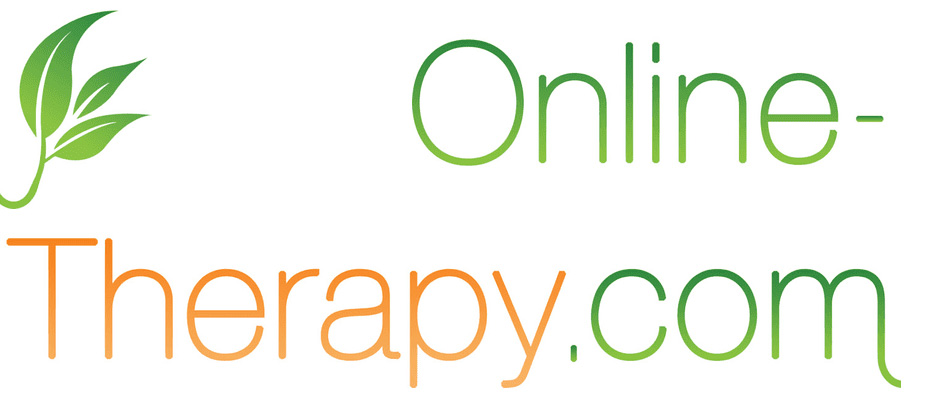I love gadgets and gizmos, electronic bells and whistles, providing it doesn’t take a lot of effort to work out how to use them. Consequently my iPad home screen is a graveyard of all the apps I’ve downloaded, tried for a while, become bored of, and never used again.
There are others which eat up a lot of my time, but for very little benefit. These are the apps specifically designed to hijack my attention.
I am in danger of doing what these apps allow me to do: shopping and monitoring the activities of friends and family rather than what I really want to do, if I took the time to work out what that is.
The fact is my attention, like yours, is a product to be sold to advertisers. In a bid to take back control of my life, I recently made a list of all the tasks I regularly do managing my independent CBT practice. Then I considered which tasks could be facilitated by apps and software. Here’s what I came up with:
– I manage myself with the help of To Do list and time management apps.
– My address book, documents and records are all securely stored in the Cloud.
– I manage interactions with clients and colleagues using online calendars and appointment systems.
– I use an email system, which allows me to send emails at a specified time in the future and reminds me if people haven’t responded by a certain time.
– I use a project management app to keep track of the timeline for all my projects.
– I have a subscription to a video conferencing tool for one to one and group online meetings.
– A survey tool enables me to produce online client satisfaction questionnaires
– I use a neat little online system to coordinate information about my availability for colleagues when organising meetings.
After making this list I realised that the one area where I use relatively little tech apart from email is in promoting my practice.
Rather than engage with website software myself, I pay someone else to manage my site. I think of it as an online calling card rather than anything more ambitious.
I invite bigger players, like Private Practice Hub, and BABCP IPSIG to publish my blogs. I think they are in a better position to curate online resources than I am. And as a result, anything I write for them is likely to be read by more people than anything I post on my own site.
Software packages are being updated all the time. New products appear daily. Some perform multiple functions, while others perform just one or two. You can even add modules to some, providing whatever functionality you want. This is all great fun, and very exciting, but it can also be a bit overwhelming.
That’s why Sophie Wood and I thought it would be a good idea to set up a swap shop webinar where independent practitioners can swap recommendations and information about their favourite bits of software. You can find information about the webinar by following this link here.
Before I finish, I must mention my favourite bits of hardware, which have remained constant in over 25 years of independent practice.
They are my paper diary and appointment cards.
As all psychotherapists know, old habits die hard.
© Adam May. Email: adamatclothhall@gmail.com.
Adam convenes webinars for CBT Psychotherapist Briefings and has his own independent CBT practice on Anglesey in North Wales.


